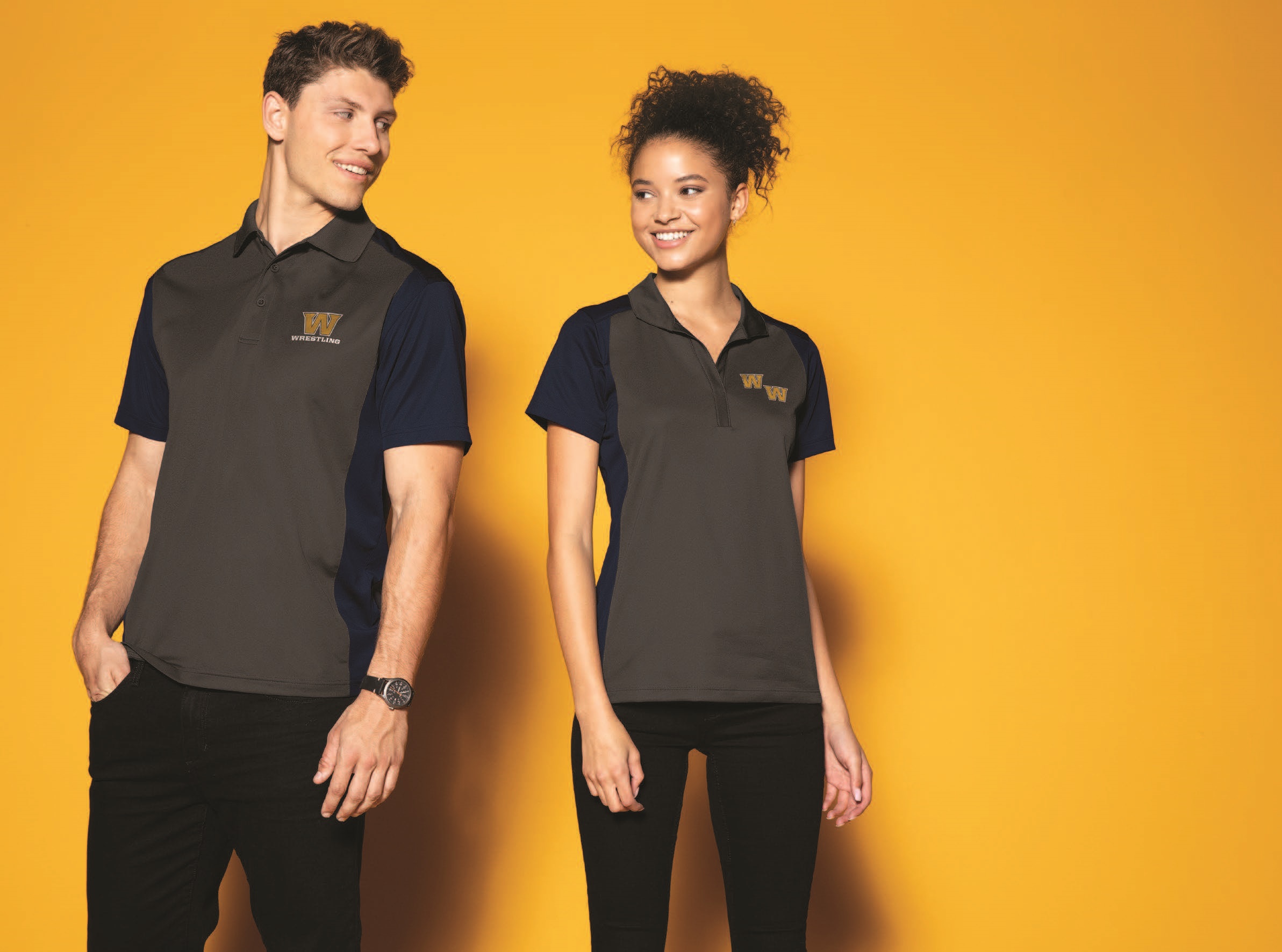David Rush is a winner. This isn’t just a mentality thing – he has the receipts to back it up. Rush is currently the holder of over 166 Guinness World Records and isn’t slowing down yet. He has records for juggling fast, he has records for juggling slow, he has records for balancing bikes on his chin. He has appeared on just about any daytime and late-night talk show you can think of.
And now, his latest stunt included a promo twist: Rush wanted to be the fastest to catch and put on five T-shirts fired at him from a T-shirt cannon. This required borrowing a T-shirt cannon from a promo company and using some of the tees he’s actually used for previous records.
It turns out, this latest achievement was years in the making, but still hit a few snags.
“I applied for this record several years ago, but never found a T-shirt cannon, a location and someone to shoot the T-shirts at me,” Rush says. “But then I saw Mark Rober post a ‘world’s largest T-shirt cannon’ video, and it reminded me of this record. I got my buddy Jake Smith, who I used to work with and we used to hold the world record for the longest throw-and-catch of a hotdog into a bun, but we lost it. I didn’t think this would be so hard, so we could get him a record without practicing too much.”
Rush managed to locate a T-shirt cannon used at events in nearby Boise, ID, and went from there. The T-shirts were leftovers from when he appeared on “America’s Got Talent” to break the record for most T-shirts worn and torn in one minute. He also had some tees lying around from when he broke the record for most T-shirts worn for a half-marathon.
After analyzing each shirt to see what would work best for this application, he decided that the standard cotton tees would do the trick.
The trick, of course, was being the recipient of a high-speed T-shirt delivery.
T-shirt cannons have been in use for a long time at sporting events and parades. But, as cannon designers get, let’s say, innovative, there has been the debate over whether they should continue to be used.
“T-shirt cannons are a lot of fun,” Rush says. “They make a loud, satisfying popping noise. You’ve got something flying through the air, and oftentimes it’s associated with free swag, so you want to catch it, and, in my case, I had to catch and put on five in under a minute to break the record for the fastest time to catch and put on five T-shirts shot out of a T-shirt cannon.”
Rush, having now been sort of the test dummy for close-range T-shirt giveaways, says he thinks they should still be used in promo campaigns, but it should be limited to T-shirts. There have been instances where other projectiles caused bodily harm, like the time the Phillie Phanatic hit that woman in the face with a hot dog.
“So long as it’s just T-shirts being put into the cannon, I don’t think they’re super-dangerous,” Rush says. “If you put any other materials in them, you could have a problem. They’re far less dangerous than a baseball being hit into the stands, and usually if you’ve got a T-shirt cannon, you’re trying to get people’s attention, so folks should be paying attention to them incoming.” It’s true – even a Beatle is powerless against the allure of the flying T-shirt.
But Rush, an MIT graduate and engineer, believes there’s room to improve the T-shirt cannon. You can build a better mousetrap, so to speak, it just might not be the high-powered one people claim are dangerous.
“As an engineer, I believe there’s always room for improvement,” he says. “For this record specifically, the thing that I would’ve liked is a way to accurately get the T-shirt cannon up to pressure quickly. We had to open a valve manually to let air from the compressor into the chamber for the cannon. And while we had a regulator on both the air compressor and the T-shirt cannon, it was a manual process to get that up to just the right pressure fast enough. If we set the regulator on the cannon to the pressure we wanted, it would fill up way too slow. So, ideally what we’d have is an automatic filling chamber after the shot that quickly gets it up to the pressure that’s needed.”
Think about how many T-shirts a mascot could give out to the crowd during commercial breaks or while the grounds crew rakes the infield!
Whether or not the promo community at large takes Rush’s suggestions into account, it’s fun to see how promotional campaigns live on in different aspects of culture.
One professional disclaimer, though: Probably best not to try this one at home.



